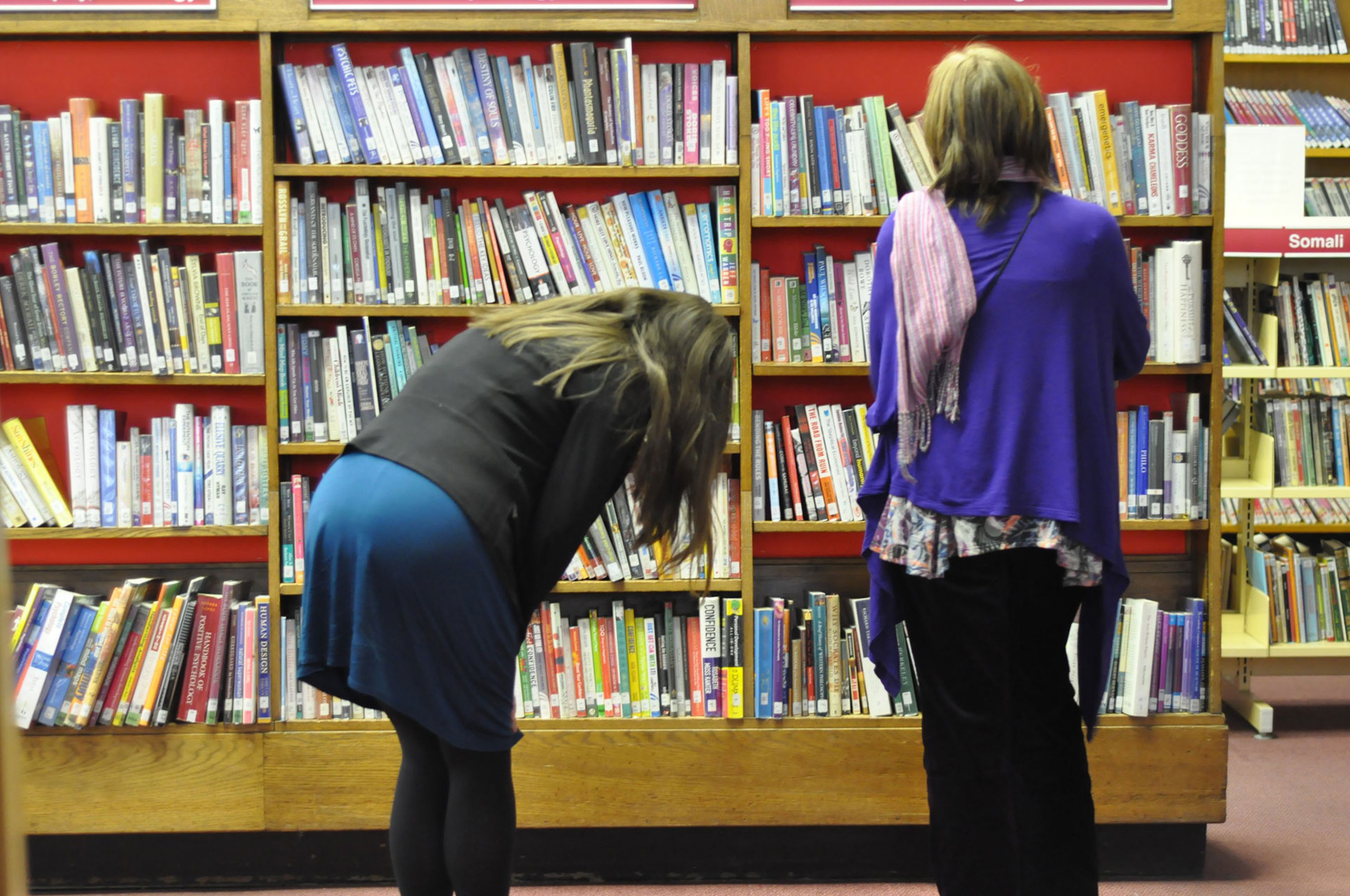Last week an extensive survey of the reading habits of a million schoolkids published its findings. What Kids Are Reading found something that shouldn’t really come as a surprise. Reading for pleasure, for just 15 minutes a day or more, accelerates the development of children.
It’s clear the benefits to the reader and society are big, but opportunity is increasingly closed.
Despite this, there was a sniffy response to the survey from some quarters. There was a claim that teenagers are reading books that aren’t challenging enough. This is something that was ALSO said last year when the annual reading habits survey was published. What bunk.
Books must not be exclusive. They are inclusive
Any parent – of teenagers especially – will know it’s a challenge to get them into books at all. If the late-teen is idling away and reading Diary Of a Wimpy Kid or an early Harry Potter, so what?
Reading, like a lot of things, is a habit that grows through doing. And if they are reading a book that really transported them when they were younger, and they go back in there, that’s a great thing. Because something else may come.
I enjoyed reading when I was younger, but I was slow – still am. I thought because I was a slow reader that certain books weren’t for me. I was terrified by the classics, by the names of 19th-century heavyweights glaring down from library shelves.
Almost by accident, one day I started reading Resurrection by Tolstoy and WHAMMO! – I was in. And it’s a page-turner. As is most of his stuff (his stuff!). Even the hay-cutting bits in Anna Karenina. Now I can enjoy without fear AND show off. It’s a win-win. That said, Count Leo doesn’t mention Brexit, which is either a good thing or a typically treacherous
19th-century establishment treatment buckling against the will of the people kind of thing.
Books must not be exclusive. They are inclusive. They offer something unique. They open doors in the mind and lead you round corners you never thought you’d head to.
And they’ll provide knowledge and a different way of seeing the world. That’s always timely. Words change the thing.
It’s World Book Day this week. It doesn’t just have to be a day.
Open up.









